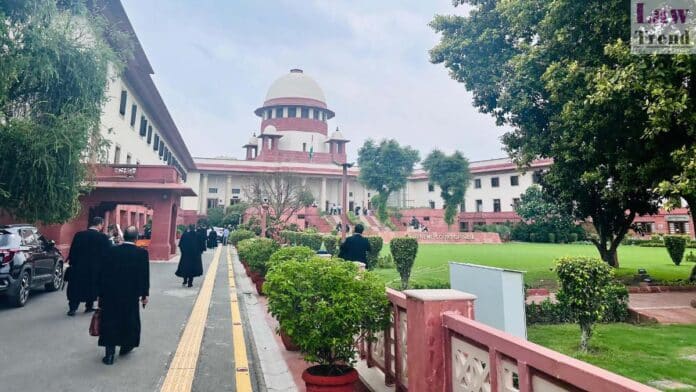In a ruling addressing the interplay between legislative power and judicial directions, the Supreme Court has clarified that the enactment of a law by a legislature cannot be treated as contempt of court merely on the ground that it appears to contravene a prior judicial order. The Court stated that such a law must first
To Read More Please Subscribe to VIP Membership for Unlimited Access to All the Articles, Download Available Copies of Judgments/Order, Acess to Central/State Bare Acts, Advertisement Free Content, Access to More than 4000 Legal Drafts( Readymade Editable Formats of Suits, Petitions, Writs, Legal Notices, Divorce Petitions, 138 Notices, Bail Applications etc.) in Hindi and English.




